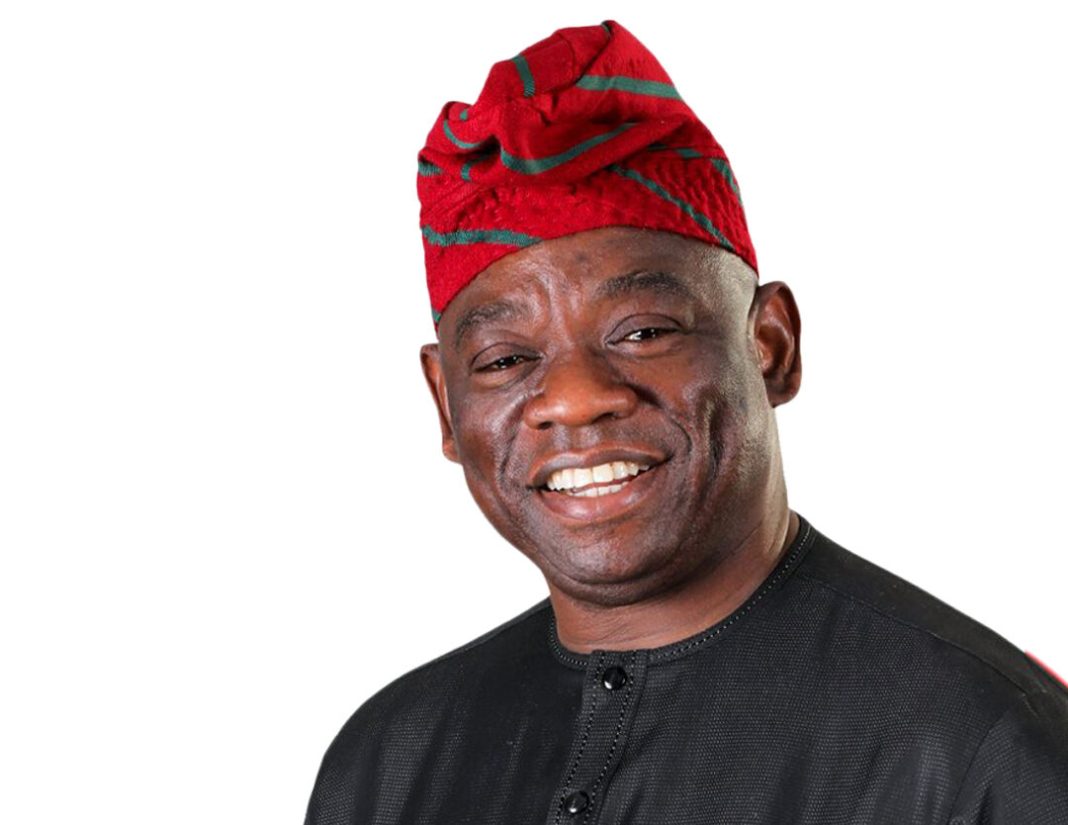ABUJA, Nigeria — A resurfaced 2019 interview with Kola Abiola, son of the late Chief Moshood Abiola, has reignited controversy surrounding President Bola Tinubu’s role in the aftermath of the annulled June 12, 1993 presidential election, appearing to substantiate earlier claims made by former Foreign Affairs Minister Sule Lamido.
In the interview published by TheSOURCE magazine on 12 June 2019, Kola Abiola alleged that Tinubu initially sought an appointment under the regime of General Sani Abacha, applying for roles including Civilian Administrator, Deputy Military Administrator, and Commissioner in Lagos State — only joining the pro-democracy movement NADECO after his overtures were rejected.
“When Abacha came, one of the things he (Tinubu) wanted to do was to be appointed the Administrator for Lagos,” Kola Abiola was quoted as saying.
“He said, ‘Okay, in that case can’t I be a deputy administrator?’ But Abacha said there wouldn’t be deputies. Then, he wanted the post of a Commissioner.”
Kola added that Tinubu lost out in a selection battle to an ally of former Lagos Governor Lateef Jakande, and “automatically, he became a NADECO member.”
The comments resurface just two days after Presidential Spokesman Bayo Onanuga publicly dismissed Lamido’s assertion that Tinubu supported the annulment of the 1993 election as “a lie.”
Lamido, who served as National Secretary of the Social Democratic Party (SDP) at the time, made the allegation during an appearance on Arise News.
In response, Onanuga issued a detailed statement defending Tinubu’s pro-democracy credentials, highlighting his opposition to the annulment on the Senate floor in 1993 and his subsequent detention and exile under Abacha.
He described Lamido’s claims as “revisionist” and accused him of capitulating to the military regime while Tinubu resisted.
However, the 2019 remarks by Kola Abiola complicate that narrative, suggesting that Tinubu’s alignment with the June 12 struggle was a product of political exclusion rather than ideological commitment.
“Once he lost out, automatically, he became a NADECO member,” Kola said, challenging widespread portrayals of Tinubu as an early and unwavering opponent of military rule.
While Kola did not accuse Tinubu of direct complicity in the annulment, the suggestion that he sought appointments from Abacha before joining the resistance movement is likely to raise further questions about the President’s early political positioning during one of Nigeria’s most defining democratic struggles.
Tinubu, who has repeatedly affirmed his role as a key figure in the pro-democracy movement, has yet to respond to the latest revelations.
The Presidency has also not issued a fresh statement following the emergence of the 2019 interview.
Kola Abiola has hinted that he will release a documentary with further details on the events surrounding his father’s detention and death, and the roles played by key actors in the June 12 saga.







![Honouring a Rare Soul: Celebrating the Life of AVM Terry Omatsola Okorodudu [MUST READ] Air Vice Marshal Terry Omatsola Okorodudu](https://www.thetrentonline.com/wp-content/uploads/2026/01/Joan-and-Bidemi-Okorodudu-The-Trent-100x70.jpg)